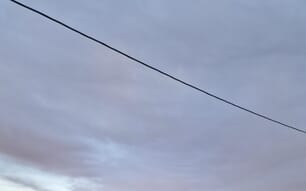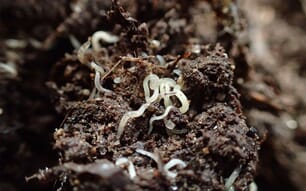Vaughn Granter, Minister of Fisheries and Aquaculture, announced C$92,850 through the Fisheries Research Grant Programme to help the Centre for Fisheries Ecosystems Research study mackerel, cod and halibut.
“Our government is committed to supporting fisheries research projects that enhance information about the species in our waters, which in turn helps the industry plan for the future. This investment of C$92,850 will go towards a beneficial new survey of mackerel stock, and expand the province’s advanced tagging programmes for cod and halibut that are providing valuable data on species migration patterns, distribution, habitat and behaviour,” said Mr Granter.
Minister Granter noted the funding announced will support three projects:
- C$30,000 to investigate whether major spawning grounds of the Northwest Atlantic mackerel stock have shifted north, outside of the traditional survey area in the southern Gulf of St. Lawrence. The possibility of substantial spawning off the northeast coast of Newfoundland has never been investigated and should new spawning areas be identified, this will provide valuable new data for the assessment of mackerel in Atlantic Canada.
- C$33,000 to further develop the cod satellite tagging programmer.
- C$29,850 to enhance and expand Atlantic halibut tagging.
“The Marine Institute appreciates the Provincial Government’s continued support of fisheries science projects that play a vital role in managing the valuable fish resources off Newfoundland and Labrador’s coasts. These initiatives will develop far greater information about the status of mackerel, cod and Atlantic halibut, which can inform future management decisions for these stocks,” said Mr Blackwood, Vice President of Memorial University (Marine Institute).
The field work on projects will commence in the spring and conclude in the fall of this year with results expected to be available in early 2016.




